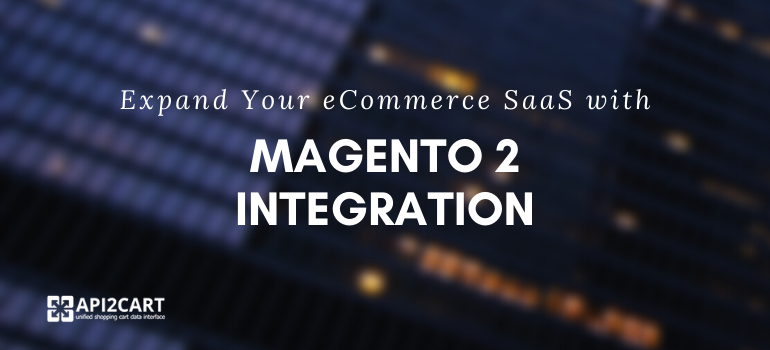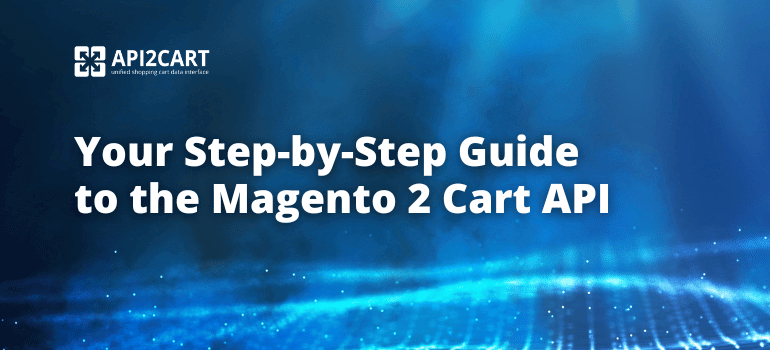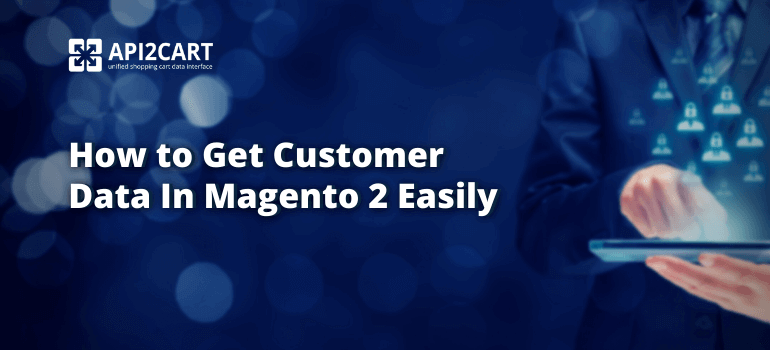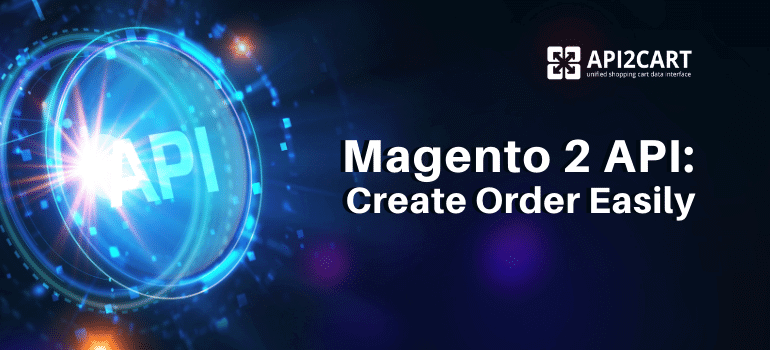
eCommerce is one of the main and most efficient methods of buying products today. From a buyer's point of view, online ordering and purchasing can seem simple and easy. As an online vendor, things are a little bit more complicated. They have to use shipments, inventory and order, warehouse management, online marketing software, PIM and many more.
Online sellers can perform these repetitive operations in a simplified manner, thanks to SaaS applications. One of the key elements of SaaS software is the need to support integration with different shopping platforms.
Integration with eCommerce platforms assumes an opportunity to expand your business and the more shopping platforms your SaaS solution supports the stronger are the chances of addressing the needs of a greater number of online vendors. That's why you, as the SaaS App Provider, need to think about the possibility of integrating your SaaS App solution with as many eCommerce platforms as possible, because you and your customers benefit greatly from this type of integration.
In this article, we'll demonstrate to you why it's essential for you as a SaaS app provider to integrate your software with the Magento 2 eCommerce system, one of the many store owners' commonly used shopping platform.
Why Magento 2 Integration is Worth Considering?
Magento 2 is an eCommerce platform that provides vendors with a variety of advanced features for establishing their customized shopping cart environment. This platform gives online retailers a great deal of control, especially about their store's usability and general view. Merchants can incorporate a range of styles and extensions to make the customers impression the best it can be for their online store. Magento 2 provides all the resources required to grow and run a business, so it is no surprise that many online merchants are using it. There are more than 124 000 online merchants around the globe who use the Magento 2 platform in their stores.
The integration of Magento 2 is an essential component, enabling each SaaS solution to execute its critical functions effectively. Your SaaS App will be able to handle data about orders, products, clients, and more from your customers ' online stores, which are built on Magento 2 platform. Without this, these platforms could not provide many of their key functions such as item tracking, helping to ensure accuracy and fast order fulfillment, updating stocks and creating up-to-date reports. Integration with Magento 2 would also provide you with a greater number of customers because more than 124,000 online stores are designed on this platform. So, if you integrate your SaaS software with Magento 2, you will also get connected to these store owners and make them your clients, because that ensures that Magento merchants can effectively use your SaaS software due to your integration with this platform.
What Challenges you May Face When Developing Shopping Cart Integration?
As with any other integration process, Magento 2 is extremely annoying and difficult to integrate with for any SaaS software. Firstly, a programmer with specialized web programming qualifications and technical skills is very difficult to find. Besides that, integration can be very costly in perspective. There is a lot of technical problems that can be dealt with while trying to develop integration with Magento 2. They involve issues related to sending data to Magento 2, incorrectness of its technical information on the API, process disorder indexation, etc. Most relevantly, after implementation, every integration requires updates and servicing, which would involve additional expenses.
It takes some time for every production, and it is the same case for Magento 2 integration with every SaaS software. Incorporating your SaaS App solution with Magento 2 could make you wait for an anticipated length of eight weeks or more if you do it by yourself.
Comprehending the tech characteristics of this platform also takes considerable time. Magento 2 database model uses over 40 tables to store category and product data. Complexity tends to increase as data is extracted, leading to more time expenditure. Another major issue for developing the integration is the terrible performance of the Magento 2 API. In the scenario of huge amounts of data, the data repository might even lock up and cause updates to fail.
Your Magento 2 Integration Solution
Magento 2 API integration isn't a walk in the park as it may seem. Magento 2 is very complicated to integrate with strong technical knowledge and skills. The great news is that you can easily connect Magento 2 via API2Cart without spending a great deal of money or spending time and energy manually on every integration. API2Cart can help make all the integrations at once with your SaaS App software.
Via only one API2Cart API you will be able to connect to more than 40 shopping carts along with platforms like Magento 2, Shopify, Neto, Etsy, WooCommerce, BigCommerce, and many others.
When the integration of your SaaS software with API2Cart is done, you will be able to connect and use shop-based data from any of the platforms listed above. This will save you money, time and development resources. What's even better is that API2Cart has many pricing plans and that you can test the service for 30 days entirely free. If you need some more details, please contact us.



